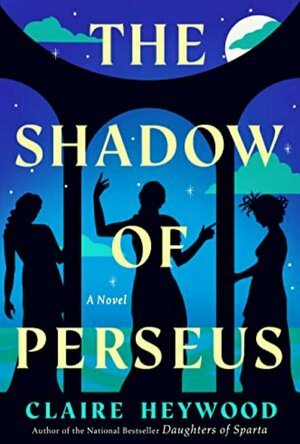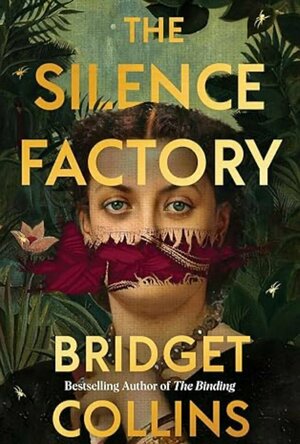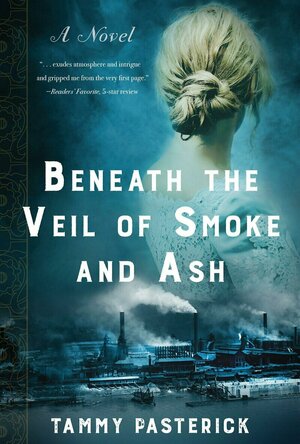
Beneath the Veil of Smoke and Ash
Book
It’s Pittsburgh, 1910—the golden age of steel in the land of opportunity. Eastern European...
Historical Fiction Pittsburg History Pennsylvania History
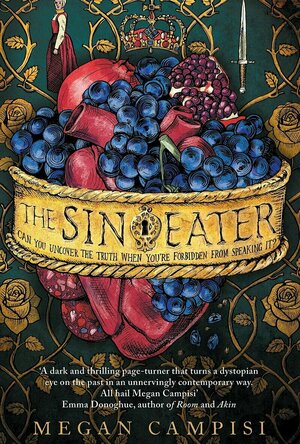
The Sin Eater
Book
Can you uncover the truth when you’re forbidden from speaking it? A Sin Eater’s duty is a...
Historical Fiction
ClareR (6062 KP) rated The Shadow of Perseus in Books
Mar 10, 2023
And here’s another take on the story of Perseus, except this has more of a historical fiction slant to it. There’s no magic, no snakey hair, no sea monster come to take it’s sacrifice. Instead there is a story packed full of adventure with women who try to make the best of their lives in a world where the patriarchy always comes out on top.
Much like the Perseus in Natalie Haynes’ Stone Blind, Perseus in The Shadow is very unlikeable. He’s immature, sulky, and believes the world - and his grandfather - owes him something. His ability to spin his own heroic deeds (are they heroic?!)makes fools of all the men, I felt. The women aren’t fooled though, and as in the original, Medusa pays the ultimate price.
The Narrator on the audiobook, Olivia Darnley, does a really good job of bringing the characters to life. She evokes the bravery and determination of all three of the female characters: Danae, Medusa and Andromeda. They all for a time become mistresses of their own fate, and I loved them for that. But of course, Perseus puts an end to all of that for all three of them. All through his own selfishness.
I’m going to have to go and read Daughters of Sparta, aren’t I? Oh yes I am! If it’s as good as The Shadow of Perseus, it’ll be time well spent!
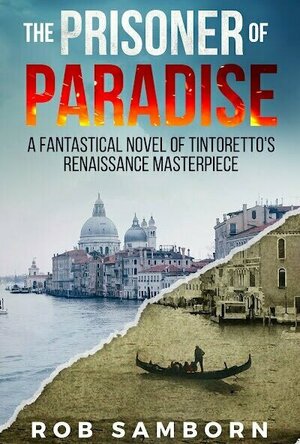
The Prisoner of Paradise (The Paradise Series #1)
Book
The world’s largest oil painting. A 400-year-old murder. A disembodied whisper: “Amore mio.”...
Commercial Thriller Historical Fiction Magical Realism
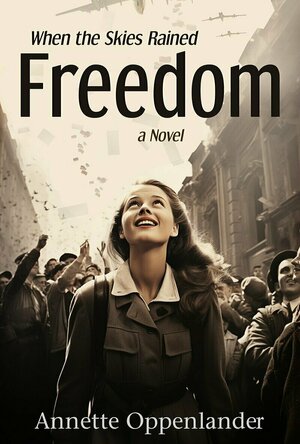
When the Skies Rained Freedom
Book
Captivating, gripping and relentlessly authentic...inspired by eyewitness accounts. To this day,...
Historical Fiction World War II Germany
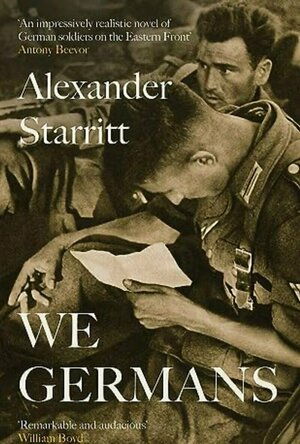
We Germans
Book
Winner of the Dayton Literary Peace Prize Shortlisted for the Prix Femina 2022 Shortlisted for...
Historical fiction World War II Eastern Front German Army
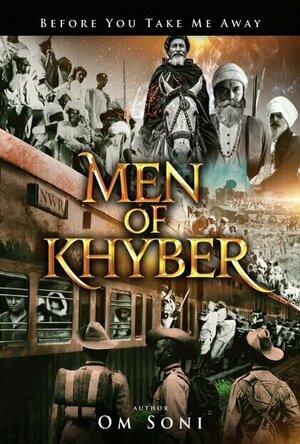
Men of Khyber
Book
Jawar Dil is the influential and charismatic leader of a powerful Hindu clan in Khyber. His skill in...
historical fiction
ClareR (6062 KP) rated The Glutton in Books
Dec 20, 2023
The Glutton by A. K. Blakemore is based on the real life story of Tarare, a man born into poverty but happy with that life. That is until his mother meets the man who changes her life, presumably for the better - and changes Tarare’s life for the worst.
He’s known as the man who ate a golden fork (that eventually kills him), live animals, offal, a baby - but still people want to watch him put away vast amounts of food (and non-food!). And if it means he’s fed, Tarare sees it as a way of satiating the ever-present hunger. The draw of the circus freak is overwhelming for the French public.
Tarare is a simple man who is taken advantage of at every turn. I felt so sorry for him. He has the disadvantage of not only being very unusual, but also uneducated and poor. He has to fight to survive, both as a soldier and as a civilian, and he’s seen as a joke by the more well-off.
For such a grotesque subject matter, the writing really is rather beautiful. Descriptions of Tarare’s childhood and the place that he grew up were sensitively done - you could see the love of his local area and the love he felt for his mother. Even in the most disgusting sections of the book, there was a kind of beauty.
A deliciously bizarre, beautifully written book. I loved it.
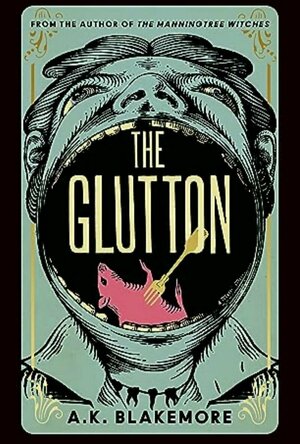
The Glutton
Book
One man with an insatiable hunger: a novel of desire and destruction in Revolutionary France, based...
Historical fiction France
ClareR (6062 KP) rated The Silence Factory in Books
Jul 16, 2024
A factory in Telverton seems to have acquired a particular breed of spider whose web, when spun into a silken fabric, can bring silence to the person/ people sitting inside. However, if the fabric is the other way round, it produces sounds that can make people go mad (they don’t make too much of that fact). So, no the best factory to work in, then!
I enjoyed the two timelines: the discovery of the spiders in 1820, told through the journals of Sophia Ashmore-Percy; and the manufacture of the silk in a factory town decades later along with an audiologist who goes to work for Sir Edward Ashmore-Percy. He has the task of helping Sir Ashmore-Percy’s deaf daughter to hear.
I love how Bridget Collins mixes historical fiction and fantasy, and makes it all seem perfectly reasonable. There’s a lot to be said in this story about taking advantage of people for profit (in the factory in particular) and how nature can be used for man’s own ends, regardless of the consequences. Humans aren’t painted in the best of light, and I actually felt sorry for the spiders 🕷️🕷️🕷️
Still don’t like spiders though.
